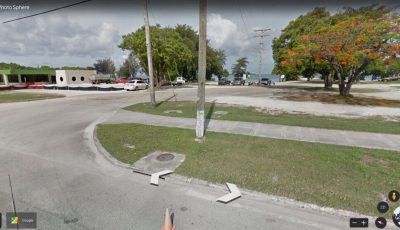Senate seeks to compel DPL, DLNR to extend agricultural, grazing permits
By DENNIS B. CHAN
dennis_chan@saipantribune.com
reporter
The Senate has passed a bill that, if enacted into law, will require existing agricultural and grazing permits to be extended to five years. Permits are “insufficiently” limited to one-year time spans, Senate Bill 19-47 says.
“Farmers and ranchers have been limited by Department of Public Lands and/or Department of Lands and Natural Resources to one-year permits for agricultural and grazing use of public lands,” the bill states. “One year is an insufficient timespan…to provide sufficient security to any person investing capital or time in an agricultural business venture.
“The said departments may cease to exist sometime in the future,” the bill said, “leaving the fate of current permits for agricultural and grazing use in question.”
The bill extends all existing agricultural and grazing permits that are compliant with regulations to five years. The departments of Public Lands and Lands and Natural Resources—which issue these permits—may charge a reasonable fee for such an extension, but the fee cannot be raised within this five-year time, according to the bill.
The bill states that all permits issued after the bill is made law will be for five years, provided rules and regulations are complied with.
The bill places a two-year moratorium on rental rate increases for agricultural and grazing land leased through the permit process, during which “lease rates for current permits shall not be raised and lease rates for subsequent permits shall be set at rates equal to the lease rates of existing permits.”
After this moratorium, the bill states, any increase in rental rate of agricultural and grazing land will become effective only after a public hearing is held on any proposed rate increases.
The bill allows for renewal of permits upon expiration, unless holders are non-compliant with rules and regulations. It provides that permits will be immediately revoked if the permitted land is not used for agricultural or grazing, and if the property is subleased or reassigned or if the permit fees are not paid.


























